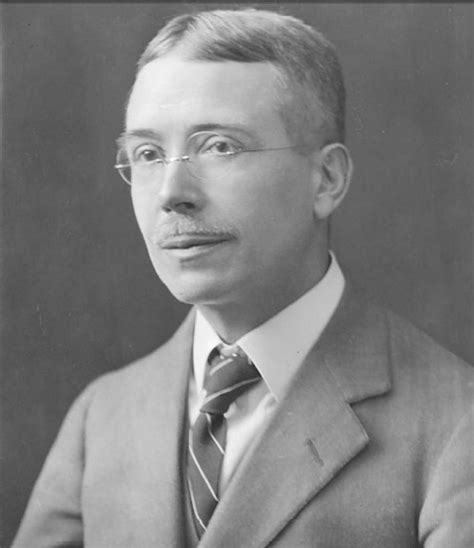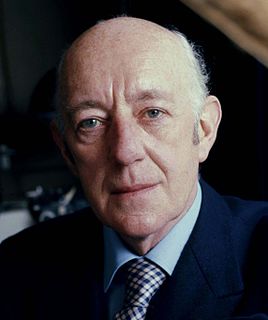A Quote by E. T. A. Hoffmann
As the priest is characterized by his cassock, so the smoker by his pipe. The way in which he holds it, raises it to his lips, and knocks out the ashes, reveals his personality, habits, passions, and even his thoughts.
Related Quotes
The woodchopper reads the wisdom of the ages recorded on the paper that holds his dinner, then lights his pipe with it. When we ask for a scrap of paper for the most trivial use, it may have the confessions of Augustine or the sonnets of Shakespeare, and we not observe it. The student kindles his fire, the editor packs his trunk, the sportsman loads his gun, the traveler wraps his dinner, the Irishman papers his shanty, the schoolboy peppers the plastering, the belle pins up her hair, with the printed thoughts of men.
The life-history of the individual is first and foremost an accommodation to the patterns and standards traditionally handed down in his community. From the moment of his birth the customs into which he is born shape his experience and behavior. By the time he can talk, he is the little creature of his culture, and by the time he is grown and able to take part in its activities, its habits are his habits, its beliefs his beliefs, its impossibilities his impossibilities.
In His discourses, His miracles, His parables, His sufferings, His resurrection, He gradually raises the pedestal of His humanity before the world, but under a cover, until the shaft reaches from the grave to the heavens, whenHe lifts the curtain, and displays the figure of a man on a throne, for the worship of the universe; and clothing His church with His own power, He authorizes it to baptize and to preach remission of sins in His own name.
In my Pantheon, Pan still reigns in his pristine glory, with his ruddy face, his flowing beard, and his shaggy body, his pipe and his crook, his nymph Echo, and his chosen daughter Iambe; for the great god Pan is not dead, as was rumored. No god ever dies. Perhaps of all the gods of New England and of ancient Greece, I am most constant at his shrine.
The master in the art of living makes little distinction between his work and his play, his labor and his leisure, his mind and his body, his information and his recreation, his love and his religion. He hardly knows which is which. He simply pursues his vision of excellence at whatever he does, leaving others to decide whether he is working or playing. To him he's always doing both.
What makes a free thinker is not his beliefs, but the way in which he holds them. If he holds them because his elders told him they were true when he was young, or if he holds them because if he did not he would be unhappy, his thought is not free; but if he holds them because, after careful thought, he finds a balance in their favor, then his thought is free, however odd his conclusions may seem.
Step back in time; look closely at the child in the very arms of his mother; see the external world reflected for the first time in the yet unclear mirror of his understanding; study the first examples which strike his eyes; listen to the first words which arouse within him the slumbering power of thought; watch the first struggles which he has to undergo; only then will you comprehend the source of his prejudices, the habits, and the passions which are to rule his life. The entire man, so to speak, comes fully formed in the wrappings of his cradle.
I became simply a pair of eyes, staring through my mask at Char. I needed no ears because I was too far off to hear his voice, no words because I was too distant for speech, and no thoughts - those I saved for later. He bent his head. I loved the hairs on the nape of his neck. He moved his lips. I admired their changing shape. He clasped his hand. I blessed his fingers. Once, the power of my gaze drew his eyes.



































